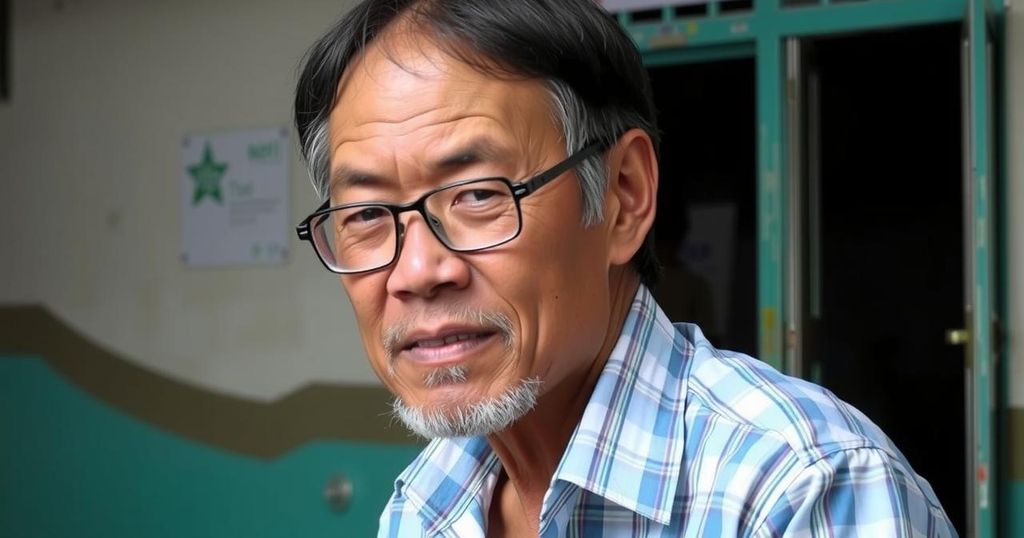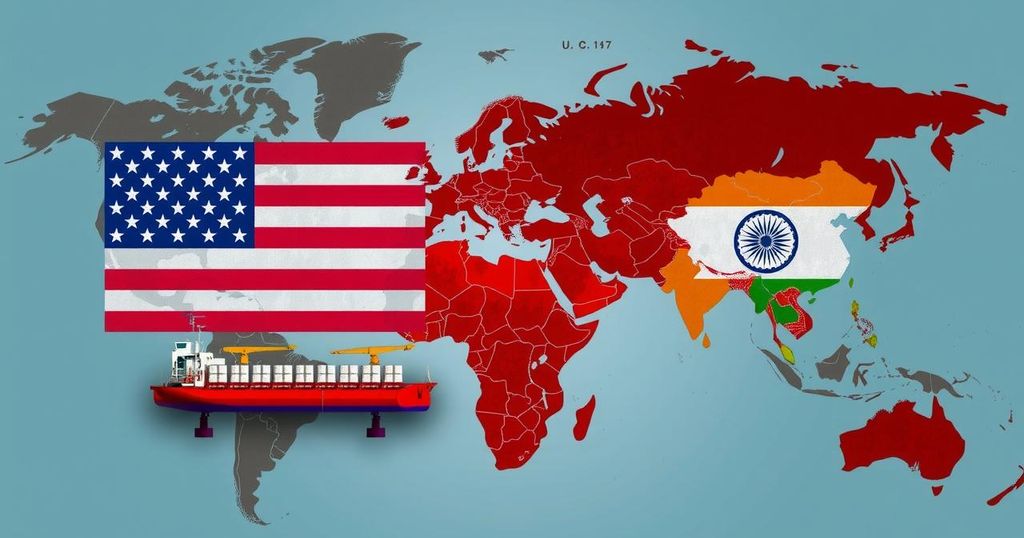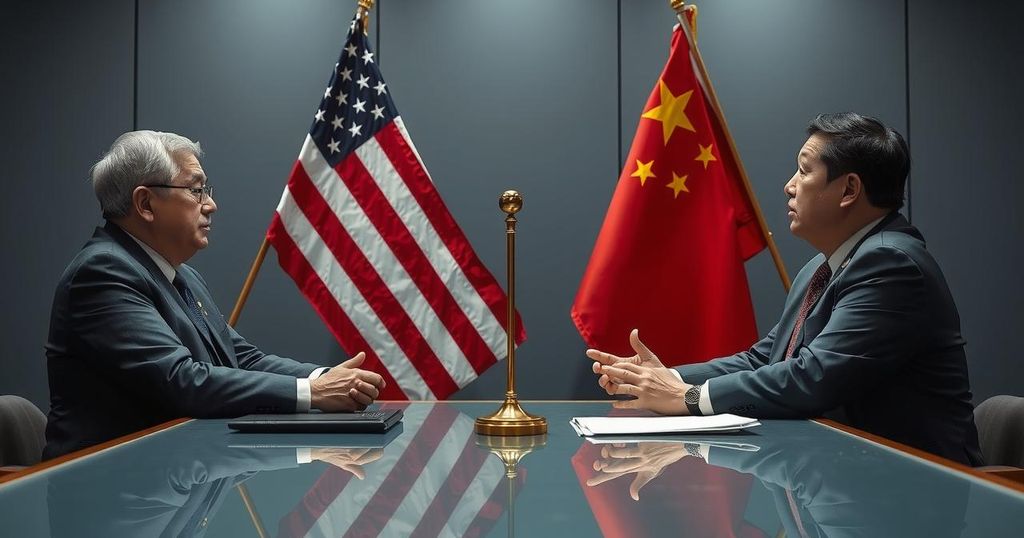Chinese Actor’s Abduction Highlights Growing Threat of Trafficking Scams in Southeast Asia
The recent abduction of Chinese actor Wang Xing to Myanmar reveals the sophisticated and organized nature of human trafficking and scam operations in Southeast Asia, with an alarming number of victims estimated. His rescue led to increased advocacy for families of other trapped individuals. Authorities emphasize the need for enhanced cooperation to address these threats as fears over safety impact Chinese tourism in Thailand.
The abduction of Chinese actor Wang Xing to Myanmar marks a significant development in the expansion of human trafficking and scamming operations in Southeast Asia. Wang, who went missing on January 3 while in Mae Sot, Thailand, was lured under false pretenses of a film audition and ultimately trafficked across the border. Rescued on January 7, he reported being trained for online scams, revealing that he was among approximately 50 Chinese nationals held in similar scenarios.
This incident has prompted increased attention to the broader issue of Chinese citizens being targeted by criminal organizations within the region, with advocacy groups emerging to assist families of others who are still missing or trapped. Estimates suggest up to 1,000 Chinese nationals may currently be held in trafficking operations, with substantial ransom demands made for their release. The sophistication of these criminal enterprises is alarming, as evidenced by the 174 families circulating a joint plea for assistance, indicating a troubling trend in victimization.
Experts, including Jason Tower of the United States Institute of Peace, emphasize the calculated nature of these abductions, stating, “This is a very deliberate form of kidnapping, of hostage taking… These criminal actors are adapting and going to greater lengths to lure people of a wide range of demographics into captivity.” Furthermore, this incident illustrates the persistent challenges facing authorities in combating the growing scale of these operations.
Addressing these issues, Thai officials stress the importance of international cooperation against transnational crime. Despite ongoing efforts, the prevalence of corrupt practices among law enforcement complicates effective responses to these networks. Meanwhile, China’s struggle with telecom fraud has prompted government campaigns to deter citizens from traveling to risky regions, supported by media portrayals such as the recent film “No More Bets.”
As worries over safety escalate, there is potential for a downturn in Chinese tourism to Thailand, with reports of cancellations occurring ahead of the Lunar New Year celebrations. In response, Thai and Chinese authorities have convened to fortify their partnership in counteracting human trafficking and other forms of organized crime.
Industry analysts remain cautiously optimistic that heightened awareness and recent measures will yield effective preventive actions, thereby restoring confidence in Thailand as a travel destination.
The abduction and trafficking of individuals within Southeast Asia highlights increasingly sophisticated criminal networks that exploit vulnerable populations. Recent instances, including that of Chinese actor Wang Xing who was trafficked to Myanmar, underscore a growing trend of organized scams that have ensnared numerous Chinese nationals. These operations not only impact the victims directly but also raise significant concerns regarding public safety and cross-border cooperation among nations in the region.
The case of Wang Xing illuminates the ongoing and evolving challenges tied to human trafficking and scamming syndicates in Southeast Asia. With estimates suggesting thousands of Chinese nationals may be victimized, addressing this crisis requires urgent attention and cooperation from both Thai and Chinese authorities. The complexities of combating such organized crime, exacerbated by corruption and ineffective law enforcement, necessitate a concerted effort to safeguard the well-being of potential travelers and victims alike.
Original Source: www.voanews.com








Post Comment